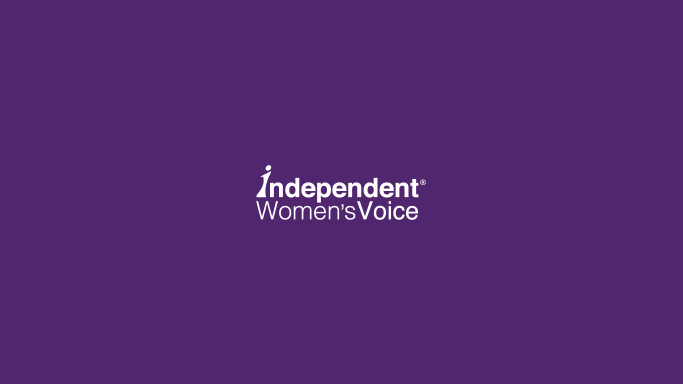Charlotte Hays will be blogging on The Speech (my TV is on the clink, so I didn’t have to watch it), so I’ll focus on this alarming op-ed in the Wall Street Journal (linked on Drudge) about a feature of Obamacare that I’ll bet you didn’t even know existed: forced unionization.
That’s only one of the bonanzas for unions slipped into the 1,000-page-plus House bill and its Senate counterpart, writes Mark Mix, president of the National Right to Work Committee. And why not? President Obama owes his election to the tireless support of labor unions. In a Labor Day speech in Cincinnati, he specifically asked for help from organized labor to push his health overhaul through Congress.
Mix writes:
The Senate version opens the door to implement forced unionization schemes pursued by former Govs. Rod Blagojevich of Illinois in 2005 and Gray Davis of California in 1999. Both men repaid tremendous political debts to Andy Stern and his Service Employees International Union (SEIU) by reclassifying state-reimbursed in-home health-care (and child-care) contractors as state employees—and forcing them to pay union dues.
Following this playbook, the Senate bill creates a “personal care attendants workforce advisory panel” that will likely impose union affiliation to qualify for a newly created “community living assistance services and support (class)” reimbursement plan.
The current House version of ObamaCare (H.R. 3200) goes much further. Section 225(A) grants Secretary of Health and Human Services Kathleen Sebelius tremendous discretionary authority to regulate health-care workers “under the public health insurance option.” Monopoly bargaining and compulsory union dues may quickly become a required standard resulting in potentially hundreds of thousands of doctors and nurses across the country being forced into unions.
Ms. Sebelius will be taking her marching orders from the numerous union officials who are guaranteed seats on the various federal panels (such as the personal care panel mentioned above) charged with recommending health-care policies. Big Labor will play a central role in directing federal health-care policy affecting hundreds of thousands of doctors, surgeons and nurses.
Plus, of course, an exemption for union-administered health plans from the tax on generous health benefits proposed by Senate Finance Committee Chairman Max Baucus.
By the way, “in-home health-care workers” can include parents of disabled children (or children caring for sick and dying parents) if they receive government aid to help them out–like Lisa Brown, the SEIU activist in California who angrily threatened legislators with political reprisals for elected officials who didn’t vote the union way. Brown “works for the state by caring for her son who has Down syndrome,” a news story reported.
Read here about Kathy Keith, who’s spent 23 years caring for a disabled son and who’s now a target of SEIU recruiting efforts in Illinois (h/t: Michelle Malkin):
The Bartlett resident is among about 3,000 people who receive state funding to assist someone at home with a developmental disability. As a result of an executive order signed by Gov. Pat Quinn in June that allows collective bargaining by “individual providers of home-based support services,” unions are now trying to sign them up in an unusual effort to boost membership.
The move has left some care providers angry and confused. Many are mothers, fathers or close relatives who are caring for loved ones, advocates say.
“Are you saying I can go on strike and not wipe my son’s rear end?” Keith said, questioning if union membership would pit her interests against her son’s.
***
Caregivers who vote against joining a union or don’t vote at all would get to choose whether to become members if SEIU or [the American Federation of State, County, and Muncipal Employees] receives the most votes, but even if they decline to join, they will have to pay “fair share” dues, according to union representatives.
“Fair share” means forking over to a union up to 2 percent of the $2,000 a month Keith receives for caring for her son at home instead of institutionalizing him. $40 is a lot of money for someone on a modest fixed income. “I don’t want the union in my home,” one Illinois mother protested. Under Obamacare hundreds of thousands of mothers, fathers, and devoted children of elderly parents may have no choice.

